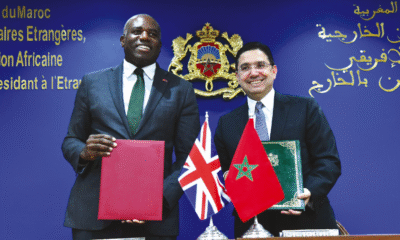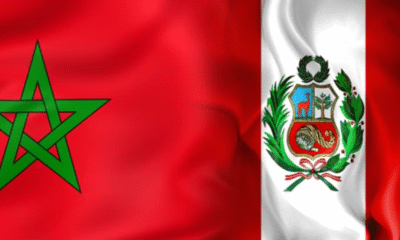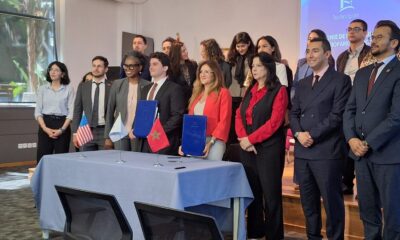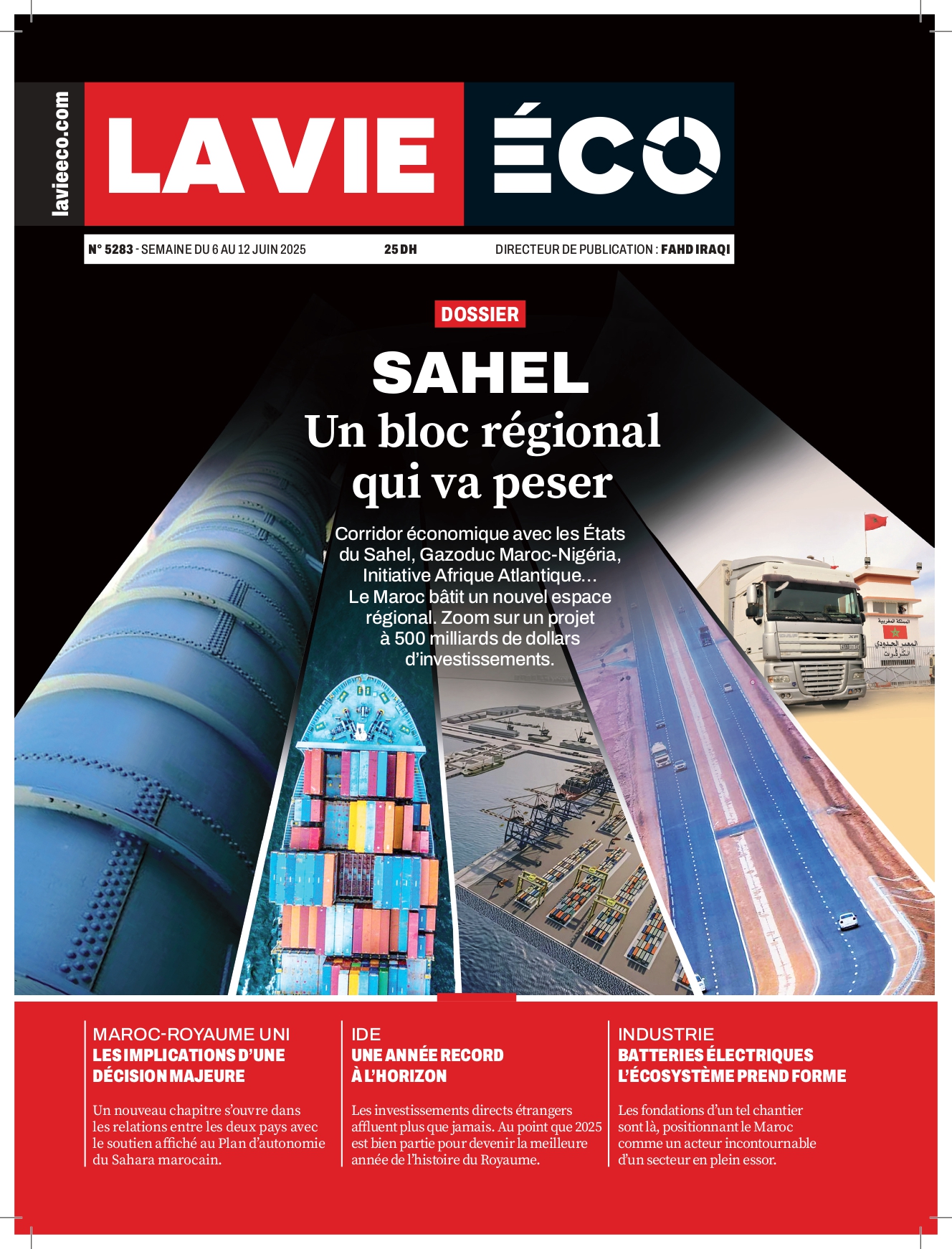Business
Start-ups Ready to Revolutionize Education
The EdTech sector, still in the midst of exploring its potential, is experiencing impressive global growth. In Morocco, companies like Hopez and SmartProf Business are taking a leading role in this revolution, despite significant obstacles.

If there is one sector that has yet to fully realize its potential, it is the EdTech sector. The global education market is experiencing rapid growth. In 2021, its value was estimated at around $254 billion, and forecasts suggest that it could reach nearly $605 billion by 2027, with a compound annual growth rate of approximately 16.5%.
This momentum is largely attributed to the rise of online learning, a trend accelerated by the Covid-19 pandemic that hastened the transition to digital educational solutions. Platforms such as Coursera, Udemy, and Duolingo attract millions of new users each year, while companies are heavily investing in online training for their employees.
In Africa, its potential is immense. Although the continent faces significant challenges in accessing quality education, EdTech offers new prospects, particularly in regions where traditional educational infrastructures are inadequate.
In 2024, Africa represents about 3% of the global market share in the sector, but this share is growing rapidly, with estimates indicating that the market could exceed $4.3 billion by 2027. Startups like Klassroom (Kenya), ScholarX (Nigeria), and Funzi (South Africa) stand out with their solutions tailored to local realities.
Whether through mobile learning modules or exam preparation apps, these companies, often supported by incubation programs and international funds, meet the needs of a young and dynamic population eager for learning opportunities.
Furthermore, its development in Africa is not limited to traditional teaching. Many initiatives also focus on vocational training and entrepreneurship. With over 60% of the African population aged under 25, digital education plays a crucial role in improving skills and employability.
According to UNESCO, nearly 50 million African school-age children are not enrolled in school, and EdTech could be a key solution to bridge this gap.
Emerging Moroccan Gems
Morocco is not lagging behind in this momentum. Startups like Hopez, NowEdge, Sboot, and SmartProf Business play a crucial role in modernizing the Moroccan education system. By integrating technology into educational practices, these companies make learning more accessible and effective.
For example, Hopez has made a mark with its flagship application TocToc, which uses short videos and gamification techniques to make education more engaging. By incorporating artificial intelligence, TocToc personalizes learning paths according to the individual needs of students, creating a stimulating environment.
The young startup won the POSEAM prize (Orange Social Entrepreneur Award 2023) last year, highlighting its pioneering role in educational innovation in Morocco. The startup launched an initiative to identify the best teachers in the country through a national competition where students vote for their favorite teachers.
The winners will have the opportunity to teach online on the “La Classe” platform, making education accessible to all. Meanwhile, Smartprof Business is starting to carve out a place in the ecosystem. The startup specializes in creating digital academies for companies, enabling them to manage training programs, including internal content and customized training.
After nearly three years of operation, the startup has experienced 300% growth and raised an additional 200,000 euros from investors. Its clients include notable names such as Bank of Africa, Attijariwafa, L’Oréal, and Orange Morocco.
Competing with Fintech or Agritech
Despite these promising opportunities, the EdTech ecosystem must overcome several obstacles. The high cost of digital devices, frequent power outages, and connectivity issues sometimes impede the widespread adoption of educational technologies.
Furthermore, teacher training and adapting educational content to the specific needs of African learners are major challenges. As Mustapha Faiz, co-founder of Smartprof Business, also points out, “the EdTech sector struggles to compete with the attractiveness of sectors like Fintech or Agritech. EdTech companies are perceived as having slower and less obvious profitability. Unlike Fintech, which quickly generates revenue through financial transactions and online banking services, results in EdTech take longer to emerge. Moreover, education is a highly regulated sector, which hinders the adoption of new technologies, especially in developing countries where educational systems are often more conservative.”
Nevertheless, with a continuous increase in investments and a growing awareness of the importance of digital education, the outlook for EdTech seems promising. The sector is receiving increased support from international organizations and private investors through programs such as the “EdTech Hub” initiative, supported by the World Bank.
The challenge remains significant: convincing public and private decision-makers to invest sustainably in these solutions to maximize their impact. According to Yassine Laghzioui, Director of Entrepreneurship and Venturing at UM6P and CEO of UM6P Ventures, “as ecosystem players, it is our responsibility to play an active role in supporting the emergence of a high-performing and sustainable EdTech sector.
This means mobilizing the necessary resources to support these startups, but also working to change perceptions about their ability to generate tangible results and transform the education system in a sustainable way.”













